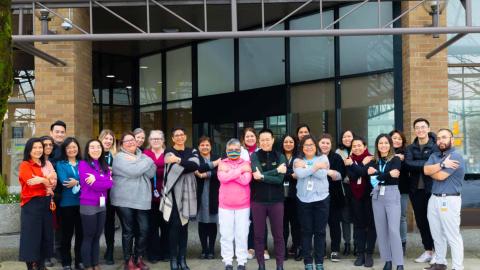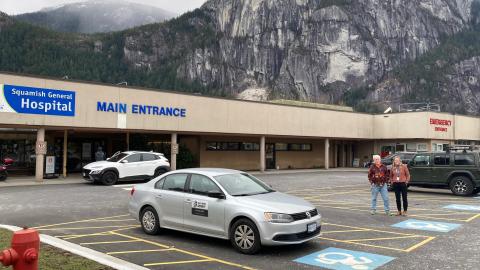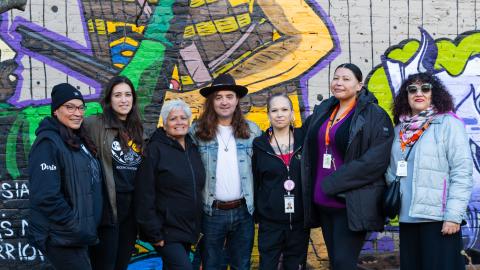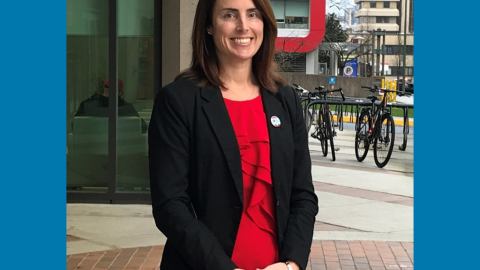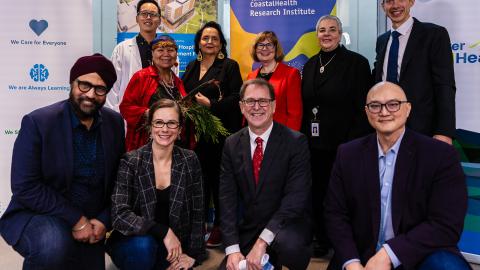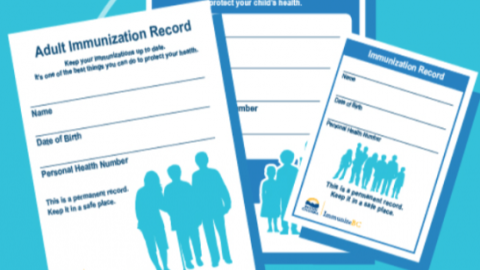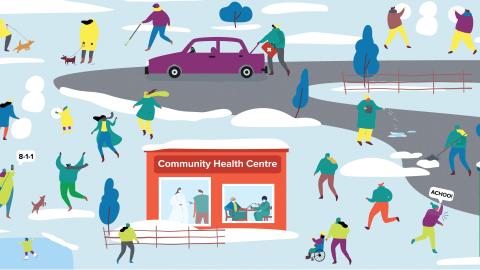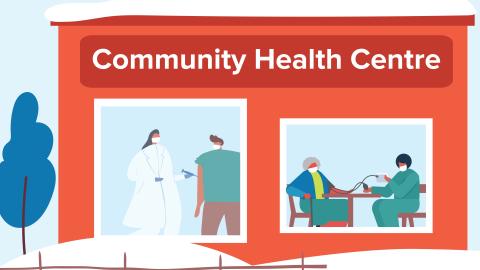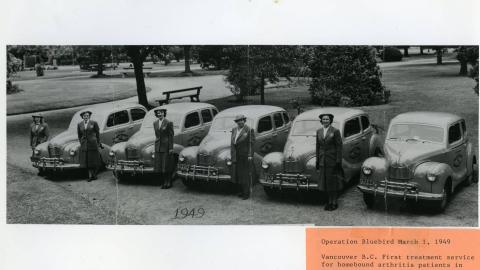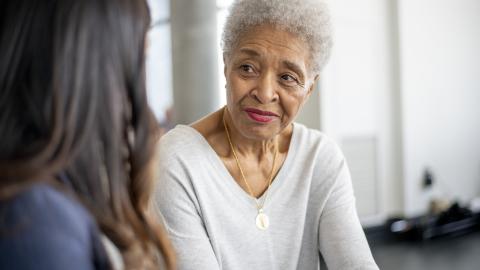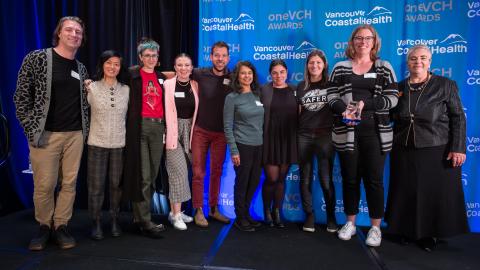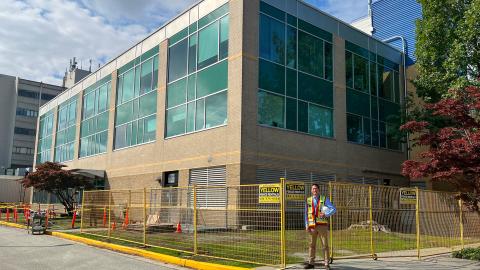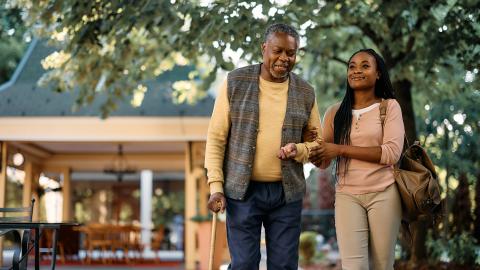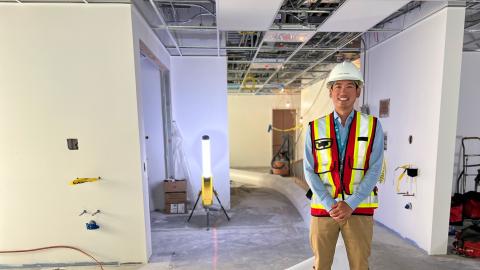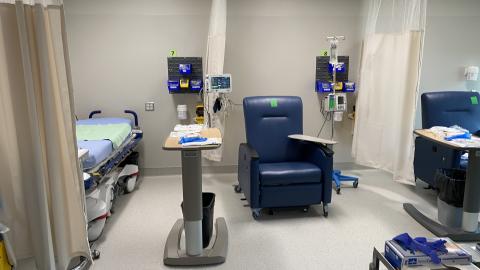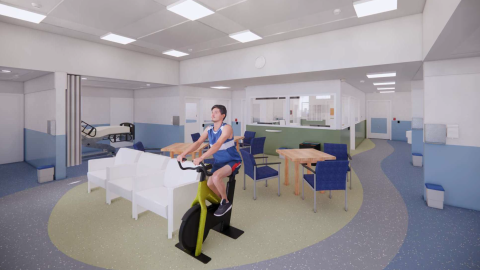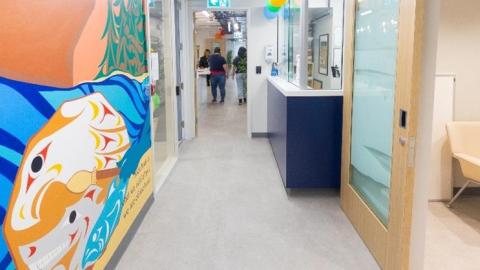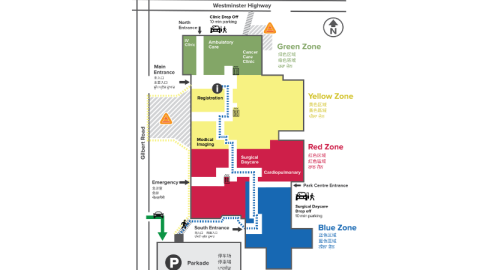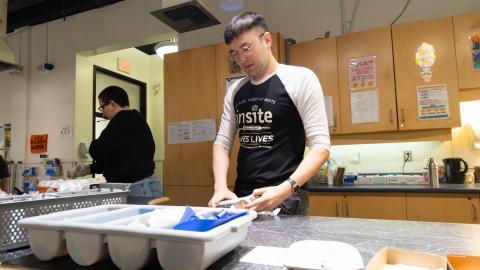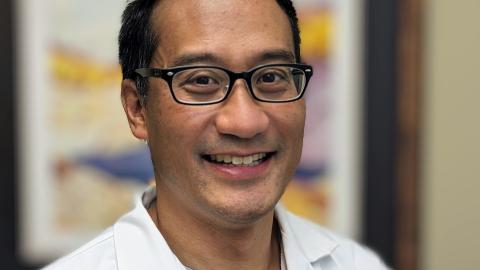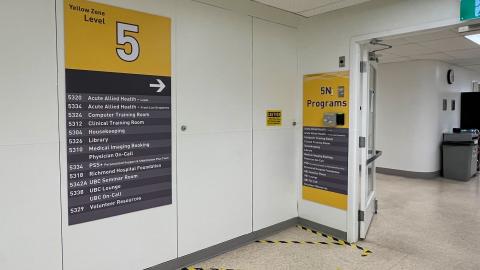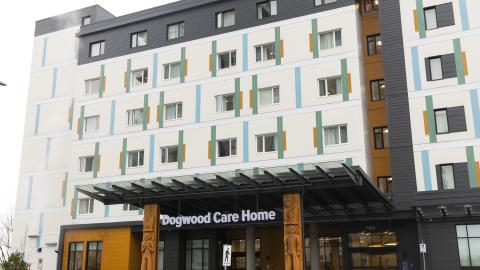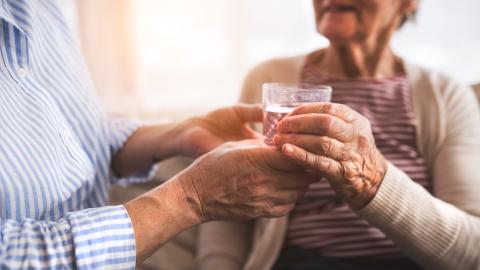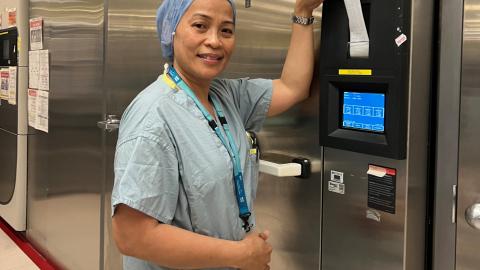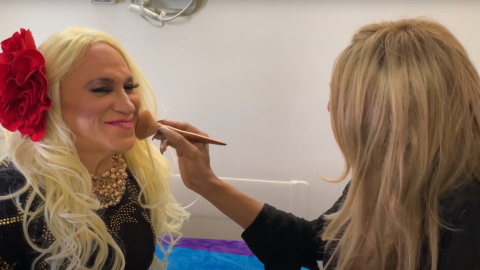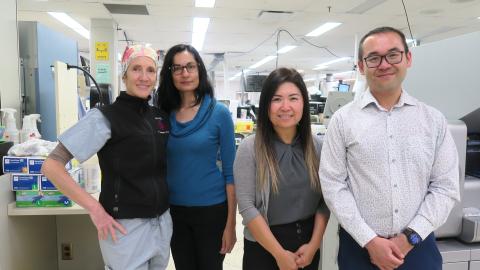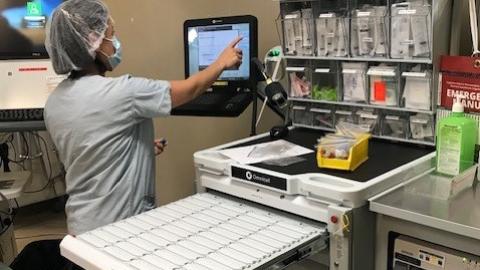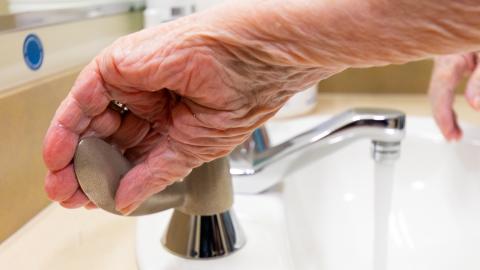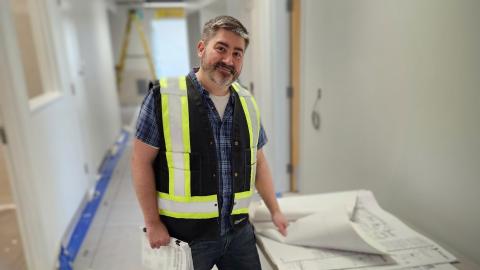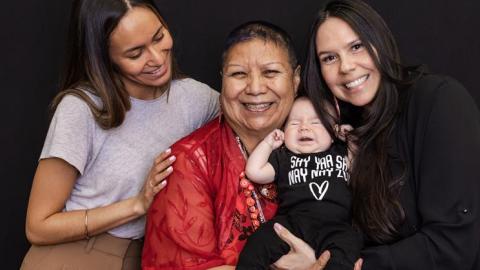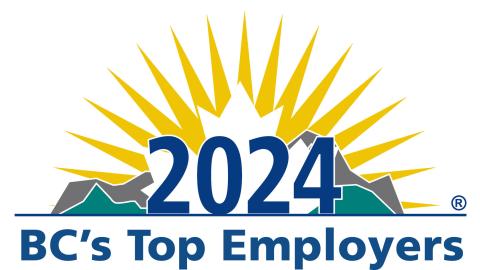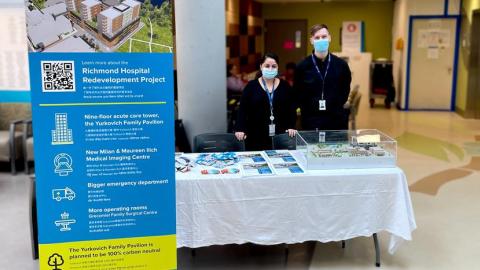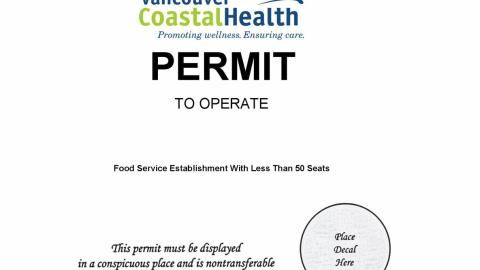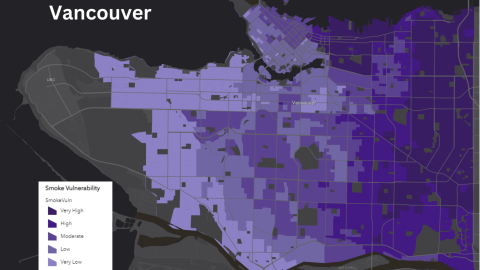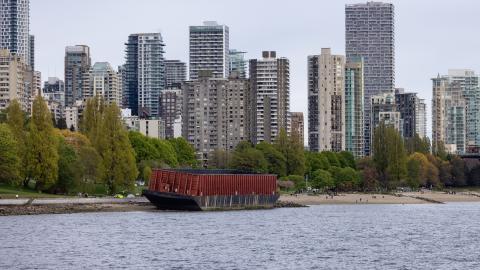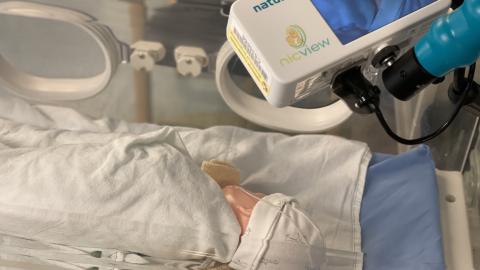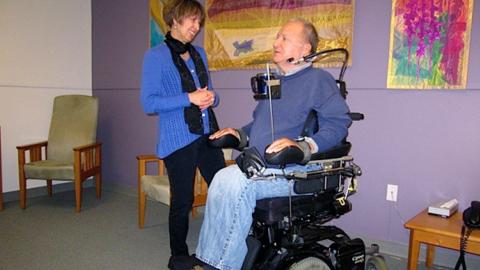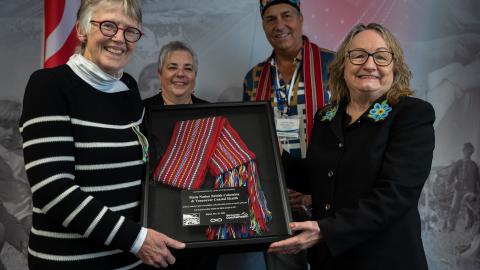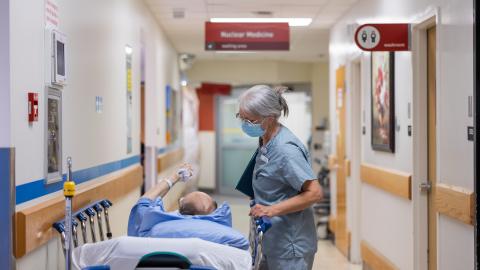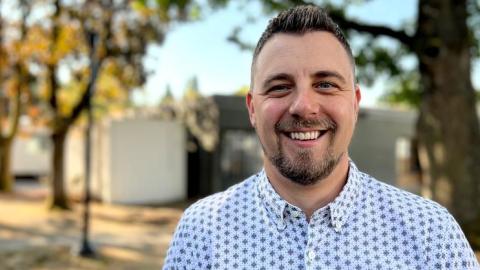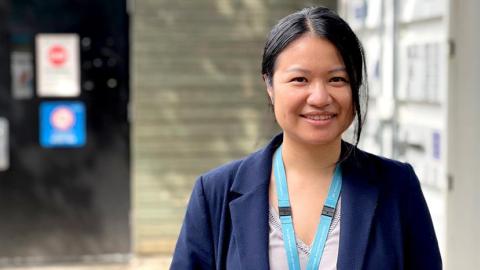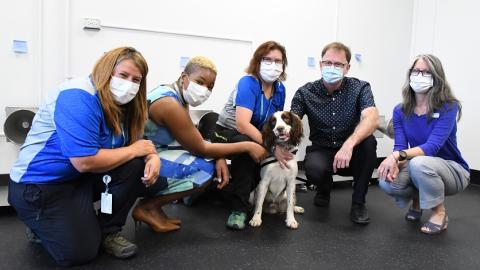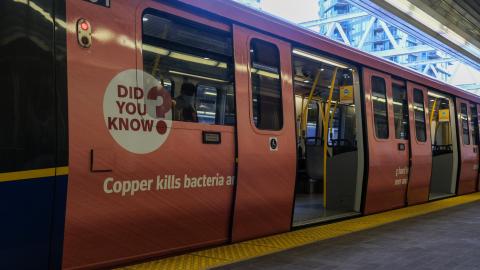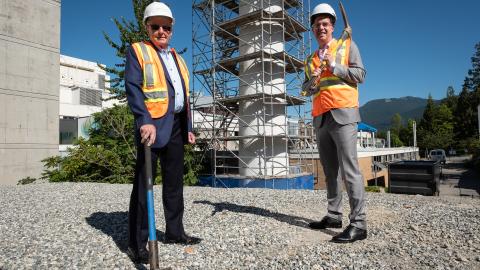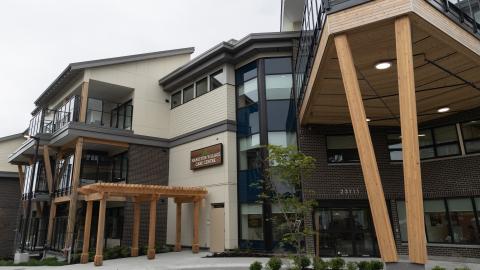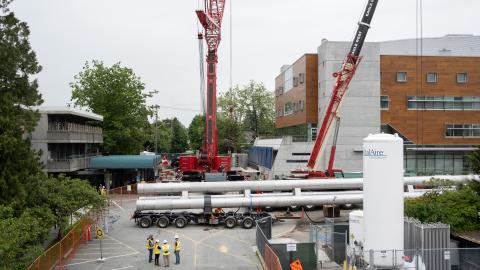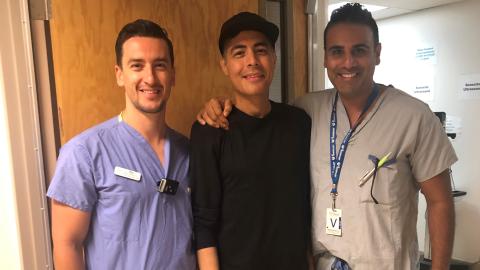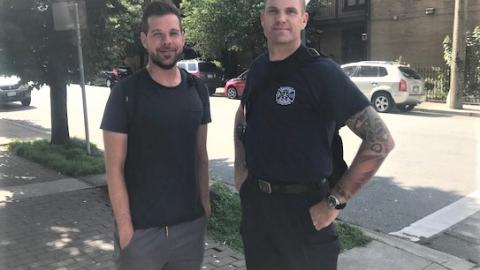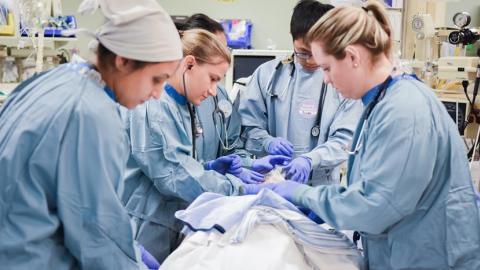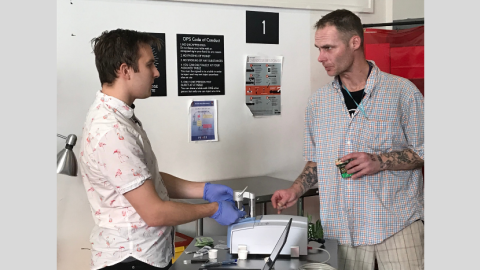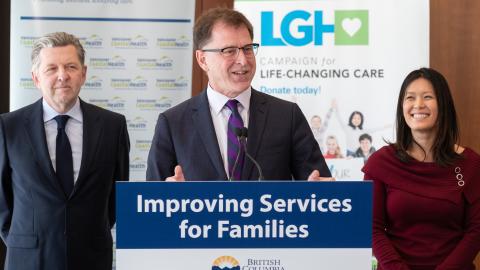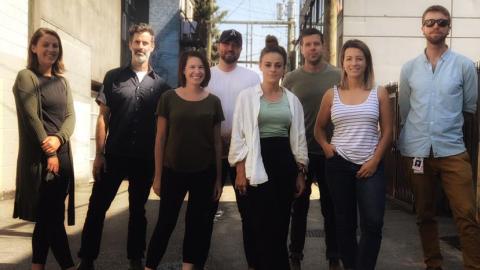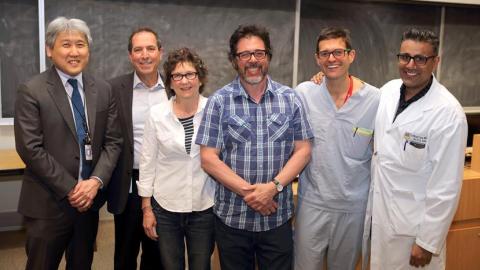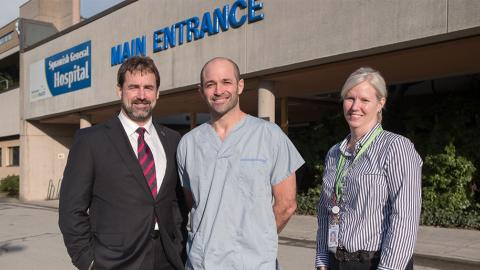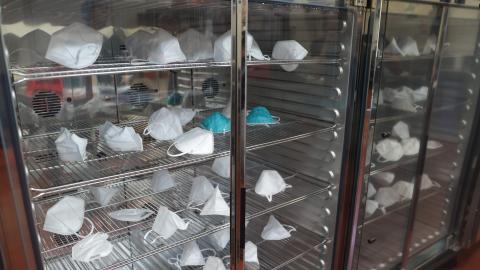Information bulletin
VCH submits applications for 2 new supervised injection services
Vancouver, BC – Vancouver Coastal Health (VCH) has submitted applications to Health Canada for two new supervised injection services in Vancouver, where the life-saving service will have the most impact in the public health overdose crisis.
“The evidence is clear that supervised consumption services reduce transmission of diseases and help to connect people to health care services. In the face of the current public health emergency, what is even more critical is the fact that more than three million injections have been done at Insite in the last 13 years and not one person has died of an overdose there,” said B.C. Health Minister Terry Lake. “Supervised consumption services are a key element in the province’s multifaceted approach to respond to the overdose crisis on both the health care and public safety fronts.”
An exemption under Section 56 of the Controlled Drugs and Substances Act is required from the Government of Canada to legally operate supervised injections services such as Insite, which has had an exemption since 2003.
“This year, as of September 30, 2016, 110 people have died of illicit drug overdoses in Vancouver,” says Dr. Patricia Daly, Chief Medical Health Officer. “The majority of overdoses in Vancouver are in the city centre and the Downtown Eastside. We want to provide this life-saving service where it’s needed most and where it will save the most lives.”
The proposed services will be embedded into facilities where existing health care services are already being offered — at the new Downtown Eastside (DTES) Mental Health and Substance Use Drop-In Centre - Powell Street Getaway (528 Powell Street) and the Heatley Integrated Health Centre (330 Heatley Street).
“Incorporating supervised injection into the care of clients addicted to illicit drugs helps prevent overdose deaths, infections, and the spread of disease such as HIV and hepatitis C, while at the same time engaging vulnerable people in other health care services including mental health, withdrawal management and addiction treatment,” says Laura Case, Chief Operating Officer, Vancouver Community. “Once clients become more engaged with the health care system, they are more likely to pursue detox, addiction counseling and addiction treatment services.”
Supervised injection is part of VCH’s DTES Second Generation Strategy and one component of a comprehensive response to the provincial public health emergency that includes preventing overdoses, encouraging less harmful drug use, and providing treatment options for people with substance use disorders.
Letters supporting the application for new supervised injection services have been provided by B.C. Health Minister Terry Lake, B.C. Public Safety Minister Mike Morris, Provincial Health Officer Dr. Perry Kendall, Vancouver Mayor Gregor Robertson and Vancouver Police Chief Adam Palmer.
“Supervised injection services are an indispensable public health resource in Vancouver, helping to prevent overdose deaths and get people into treatment, particularly as the city grapples with the fentanyl crisis,” says Mayor Gregor Robertson. “One overdose death is too many, and we need commitment to harm reduction and addictions treatment. I strongly support Vancouver Coastal Health’s applications for these new sites, and hope the federal government will expedite these applications as we grapple with the fentanyl crisis.”
Once Health Canada has approved the submissions, VCH will implement the new services. VCH will submit future additional applications for supervised injection services including a women’s-only location.
All of the initiatives support the work of the Joint Task Force on Overdose Response. Headed by Provincial Health Officer Dr. Perry Kendall and Director of Police Services Clayton Pecknold, the task force provides leadership and expert advice to the Province on emergency actions to prevent and respond to overdoses in British Columbia.
This work includes working with the federal government on additional supervised consumption services, strengthening B.C.’s opioid substitution treatment system, collecting more robust and real-time information on overdoses and establishing a testing service to help people find out if their drugs contain adulterants. Since the task force was announced, government launched the first phase of a provincial overdose awareness campaign and website to increase awareness on how to prevent, identify and respond to overdoses, and the BC Centre for Disease Control has substantially expanded the Take Home Naloxone program. The actions being taken under the task force further the ongoing work to support and treat British Columbians with substance use issues. The province has opened more than 220 new addiction beds as part of the commitment to add 500 new beds to the system by 2017.
VCH is responsible for the delivery of $3.4 billion in community, hospital and residential care to more than one million people in communities including Richmond, Vancouver, the North Shore, Sunshine Coast, Sea to Sky corridor, Powell River, Bella Bella and Bella Coola.
For media enquiries
Tiffany Akins
Communications Leader
Vancouver Coastal Health
Phone: (604) 708-5281
Cell: (604) 319-7530
Email: tiffany.akins@vch.ca


























































